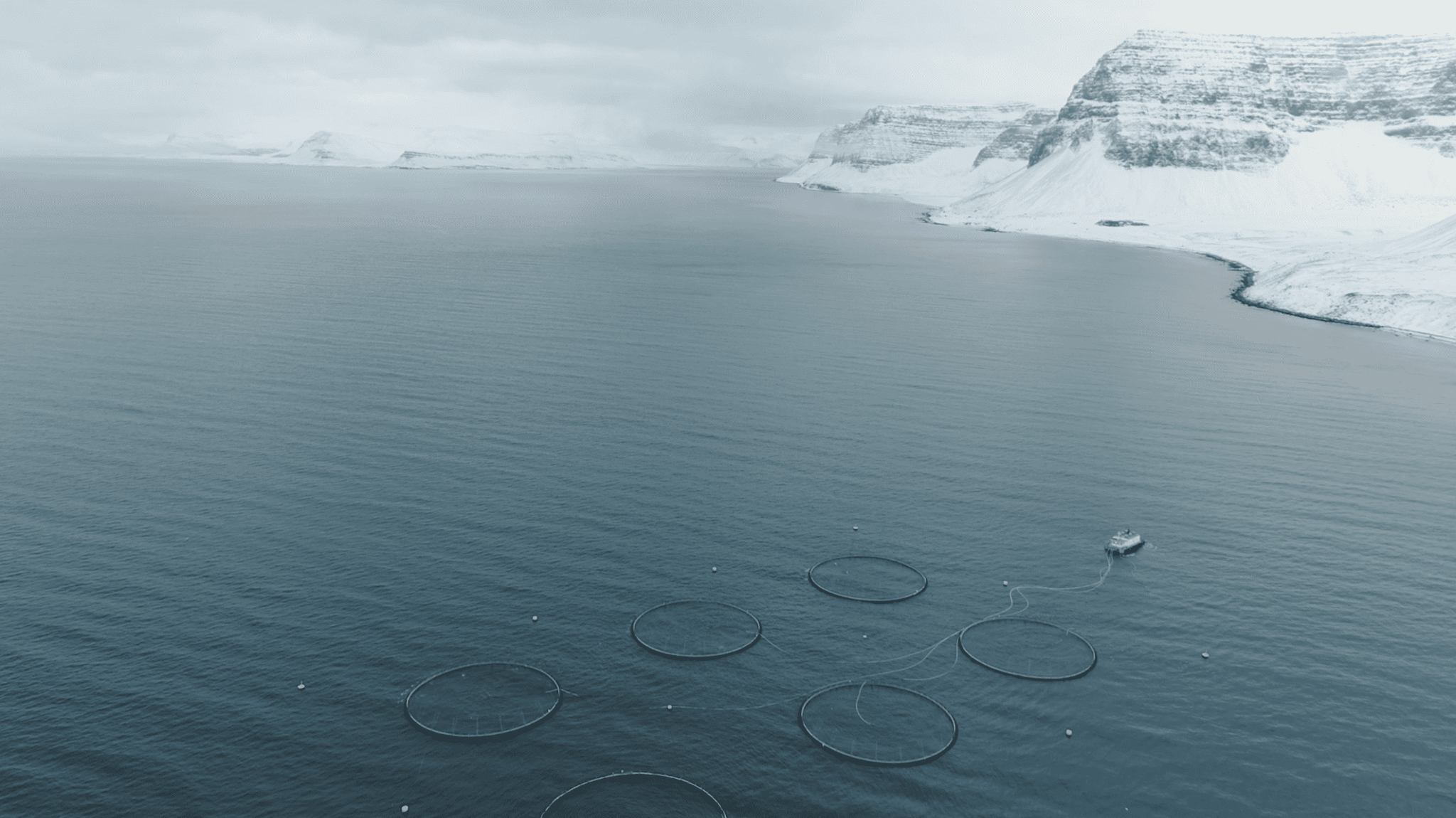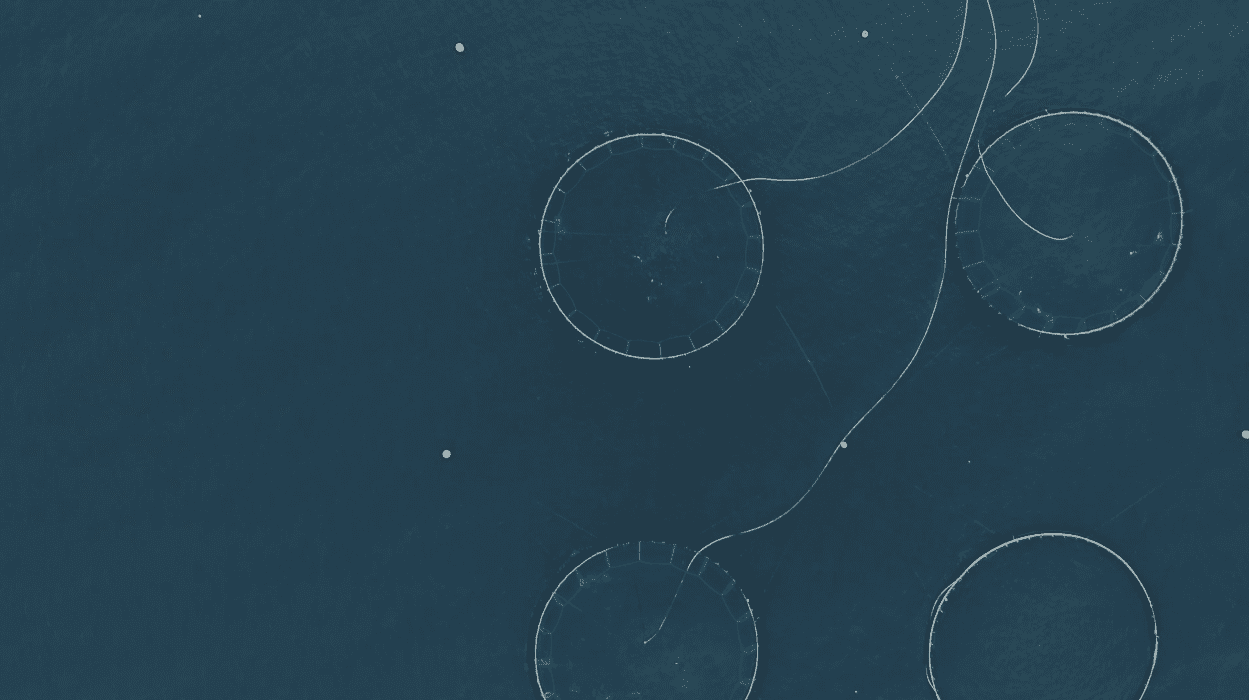Kjersti Sandvik - FiskeribladetIcelanders are taking a great risk if they are planning to make the same mistake we did here in Norway. They are endangering the Icelandic salmon stock. This type of farming is a great risk.
Key factors
- Salmon farming in open net pens has immense negative environmental impact.
- Unfiltered waste from salmon farming is another form of pollution, and it seeps into open waters in massive amounts. According to The Norwegian Pollution Control Authority (SFT), a medium-sized open net pen fish farm with a production of 3,000 tons produces the same amount of sewage as a city of 50,000 people. To put this into perspective a production of 10,000 tons of salmon would discharges more raw sewage into Icelandic waters than the entire city of Reykjavík.
- Salmon farming in open net pens generates massive amounts of unfiltered waste – four medium-sized open net pens create more waste than the entire population of Reykjavik. Yet, unlike most other companies, open net pen farming operations in Iceland are not subject to any discharge fees.
- High levels of mercury have been found in fish living near open net pens

Pollution and effects on the environment
The negative environmental effects of open net pen salmon farming are numerous and well-documented.
Studies show that waste and chemicals from fish farms have negative impacts on the environment and aquatic life living adjacent to farms on the ocean floor. Chemicals released into the ocean near open net pen fish farms alter the chemical balance of the sea in the area, resulting in low oxygen levels in the water. This means that only certain life forms can thrive there, while others die off.
Chemical pollution also has outsized impacts on vulnerable human populations. In 2006, researchers studying open net pen salmon farms on the coast of British Columbia discovered unusually high levels of mercury in rockfish in the area. They found this to be a result of the farms attracting prey with higher mercury levels, which resulted in a higher trophic position for the rock fish. Mercury in seafood is harmful to human health, especially in vulnerable populations such as pregnant women and children.
Unfiltered waste from salmon farming is another form of pollution, and it seeps into open waters in massive amounts. Farming one metric tonne of salmon creates the waste equivalent of the sewage runoff of eight people. 15,000 tons of farmed salmon creates the waste equivalent of 120,000 people. This is like dumping raw sewage from the entire city of Reykjavik into the ocean.
Salmon farming in open net pens is not environmentally friendly, but there are closed containment solutions that do not have to use polluting chemicals to fight sea-lice. And can gather the waste and re-use it instead of allowing it flow, unhindered, into Icelandic fjords.
